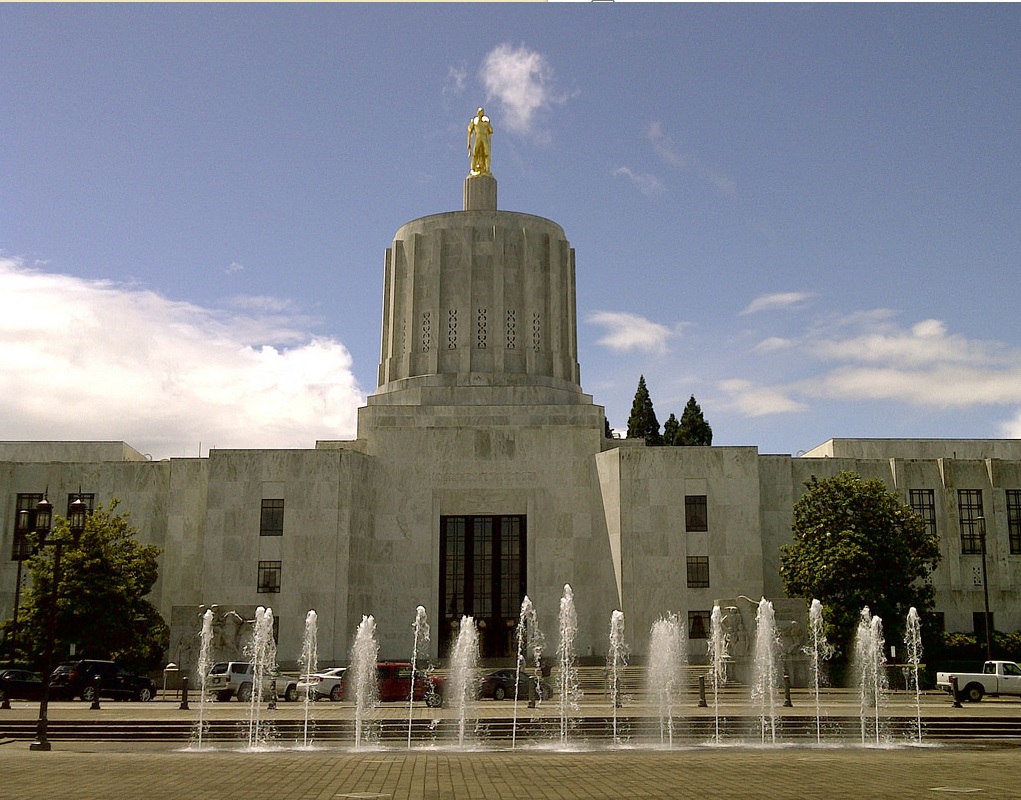
Policy and Rulemaking Updates
By Oregon Business and Industry
2025 Transportation Package: Leaders of the Joint Committee on Transportation (Co-Chairs Sen. Chris Gorsek, D-Gresham, and Rep. Susan McLain, D-Hillsboro, and Co-Vice Chairs Sen. Brian Boquist, I-Dallas, and Rep. Shelly Boshart Davis, R-Albany) will join OBI’s Transportation Steering Committee Nov. 29 from 9:30 to 10:30 a.m. to discuss plans for the next transportation funding package, which is expected to move in the 2025 legislative session. Contact [email protected] if you would like to attend.
Daylight Saving and Worker Pay: Daylight saving time ended at 2 a.m. on Nov 5, when clocks fell back one hour. While many enjoyed an extra hour of sleep, the time shift may affect certain employers’ obligations under Oregon’s minimum wage, overtime, and meal and rest break laws. Oregon employment law generally tracks with federal law requiring overtime pay after 40 hours in a week, but employers with manufacturing and cannery operations should note their employees who work over 10 hours in one day should receive overtime pay. Those workers also may not work more than 13 hours in one day or 55 hours in one work week. Employers with hospitality operations should additionally pay close attention to their workers’ hours from the past weekend to ensure they do not underpay their workers.
NLRB Murkiness: A decision from the National Labor Relations Board (NLRB) that takes effect on Dec. 26 will consider two entities joint employers if they share or co-determine an employee’s essential employment terms, even if one entity has only indirect control over those terms. This decision removes the clarity provided by a 2020 rule that required direct and immediate control for a joint employer relationship to exist. By doing so, it increases legal confusion that likely will harm both employers and workers. Once a joint employer relationship is established, both entities are potentially subject to greater economic pressures and increased lawsuits. Several organizations are preparing to challenge this new rule in federal court.
CAT-Return Extension: Small victories are still victories. The Oregon Department of Revenue (DOR) is poised to change a proposed rule to align with OBI’s recommendations. DOR recently released proposed rule changes for aspects of the corporate activity tax (CAT). These include an amendment to OAR 150-317-1330, which provides guidance to taxpayers regarding requests for CAT return filing extensions. DOR proposed an automatic six-month extension for CAT returns when a taxpayer has been granted an extension for federal income tax purposes. That’s a good start, but OBI argued that a seven-month extension would be more appropriate because CAT filings often require information from federal tax returns and Oregon corporate excise tax returns. The additional month would improve the accuracy of CAT filings and align the CAT extension date with the due date for excise tax returns. We were pleased to receive notice from DOR in late October that the department agreed with our request and will amend the rule to allow for an automatic seven-month extension.
Enhanced Air Regulation: The Department of Environmental Quality has initiated a cumulative health risk pilot program that was authorized by Cleaner Air Oregon legislation (SB 1541) in 2018. The pilot’s purpose is to evaluate the cumulative impacts of industrial air emissions on sensitive populations and determine whether emissions should be reduced. Unlike programs that evaluate emissions from individual facilities, DEQ will assess the cumulative risk from all stationary sources within an area 2.5 miles in diameter. This approach could involve additional regulation on individual facilities within these areas that are not exceeding emissions benchmarks. DEQ is determining the pilot area, which must be in either Multnomah or Washington County and consider environmental justice factors. DEQ is expected to recommend a pilot area to the Environmental Quality Commission in January, then initiate modeling and community engagement. We will follow this process closely.
Disclaimer: Articles featured on Oregon Report are the creation, responsibility and opinion of the authoring individual or organization which is featured at the top of every article.


